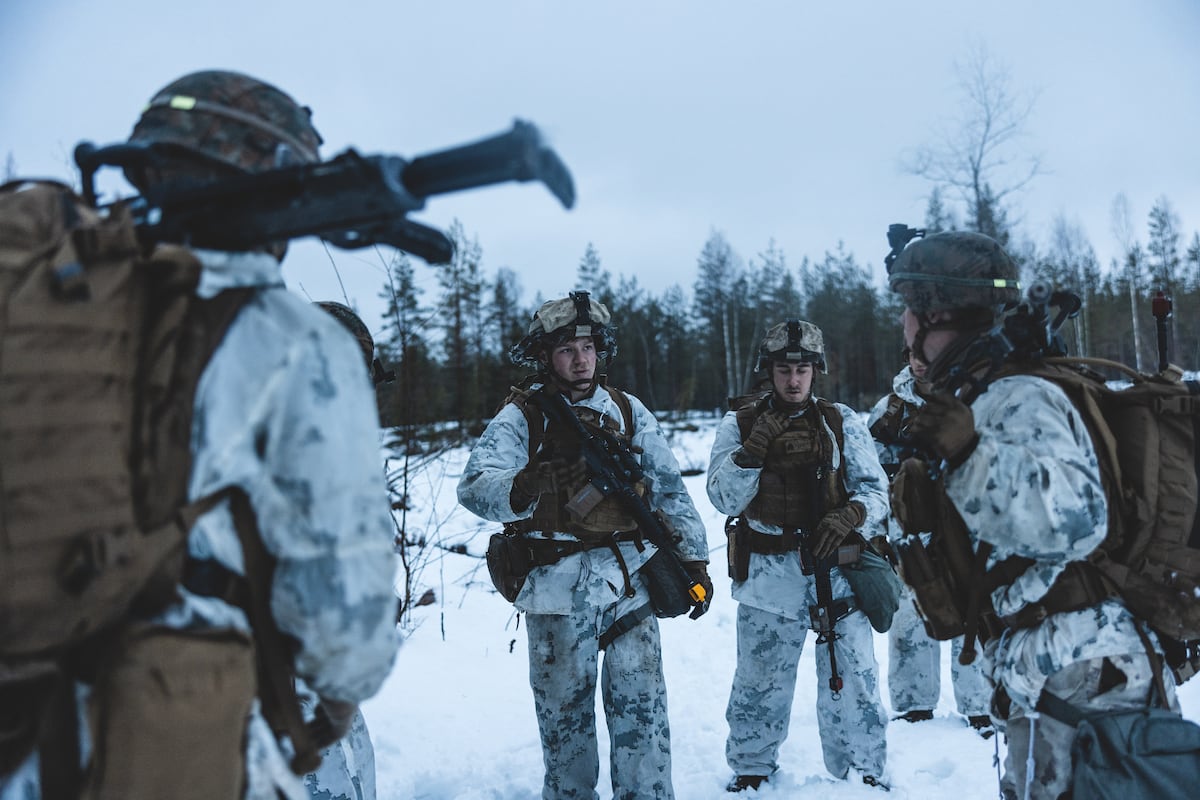The Pentagon's heightened concern over the Arctic stems from an alarming increase in military collaboration between China and Russia, which poses a significant threat to U.S. interests in the region. As Iris A. Ferguson, the deputy assistant secretary of defense for Arctic and Global Resilience, highlighted, China's ambitions extend beyond mere military presence; they encompass scientific research initiatives that could facilitate long-term economic gains and strategic positioning. This evolving dynamic is underscored by joint military exercises conducted by both nations, particularly in the Bering Strait, which have raised alarms within U.S. defense circles. The urgency is further compounded by climate change, which is rapidly altering the Arctic landscape, making it more accessible for geopolitical maneuvering and resource exploitation.
In response to these challenges, the Pentagon's 2024 Arctic Strategy emphasizes the necessity for the U.S. to enhance its military readiness and strengthen alliances with northern European partners. The strategy advocates for increased service-specific and multinational exercises, routine training, and a sustained presence to ensure stability in international waterways. Ferguson's call for a clear-eyed assessment of adversarial intentions underscores the importance of proactive measures to safeguard U.S. interests in the Arctic. As the geopolitical landscape shifts, the U.S. must remain vigilant and adaptable, leveraging its partnerships to deter potential threats and maintain a strategic advantage in this increasingly contested region.









